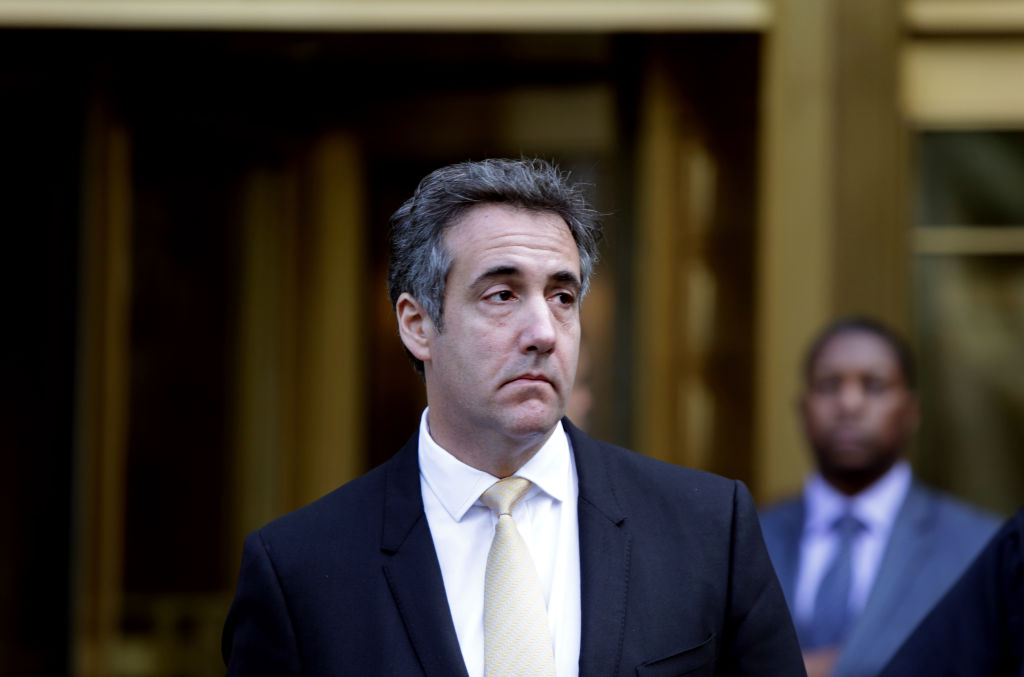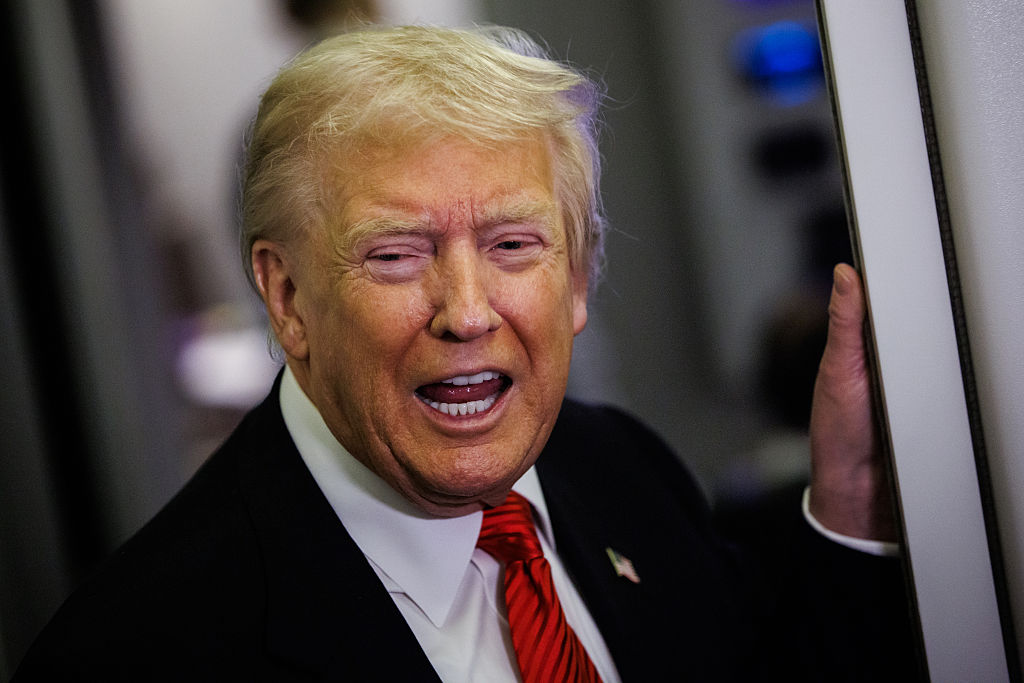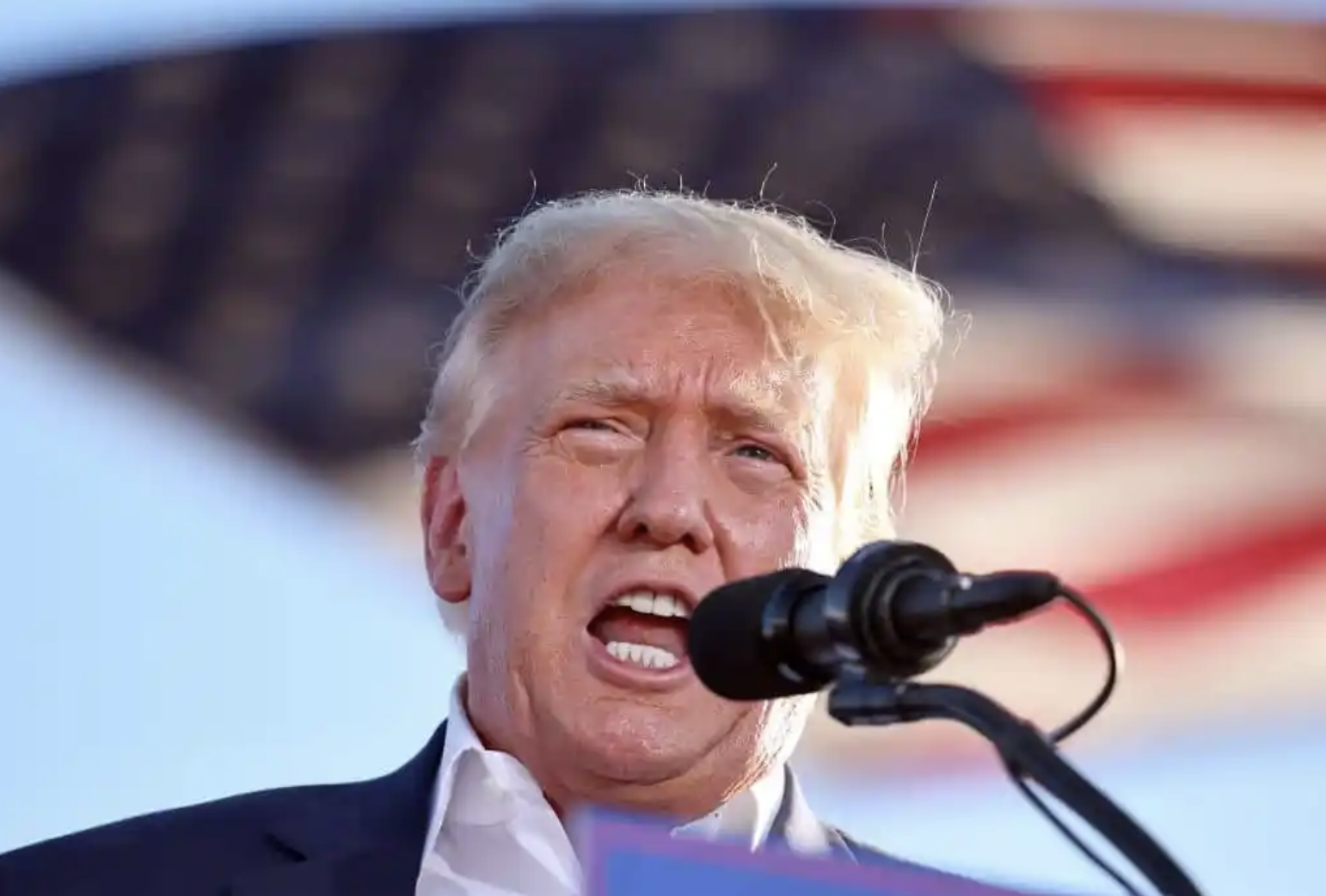The 2018 midterm election season was already shaping up to be an excruciatingly steep one for the Republican Party. The first 18 months of Donald Trump’s presidency have been a dizzying experience for many GOP lawmakers; every week, there is some brand new controversy the president creates. With every racially-tinged comment from the president’s mouth or indictment in the Russia investigation, the Democratic base gets more eager to run to the polls and cast their ballots in November.
And then came August 21, 2018, the political equivalent of Pearl Harbour. In one courthouse, former Trump campaign chairman Paul Manafort was found guilty on eight counts of bank fraud and tax evasion. In another, hundreds of miles away in Manhattan, Trump’s personal attorney Michael Cohen copped a plea and admitted his guilt to a set of crimes from campaign finance violations and lying to a financial institution to get credit to the evasion of personal income tax. Cohen’s declaration in court that he broke campaign finance laws on the orders of Donald Trump is nothing short bone chilling. You would have to go back to the early 1970s to find another example of a previously loyal foot soldier ratting out his superior.
For the congressional Republicans spending tens of millions of dollars on advertising in order to cling to their Capitol Hill majorities, Tuesday’s legal news is a punch in the gut. Cohen and Manafort will be at the top of the news cycle for at least the next week, and knowing how Trump reacts when his back is against the wall, there is a good chance that an already bad political story for the Republican brand will get even more toxic once the president responds in his typically brusque fashion. By tying the party’s electoral future so tightly to Trump’s nativism, bravado, and quirky personality, GOP lawmakers have left themselves will zero wiggle room when disaster strikes.
Trump’s presidency has been a compilation of mini-crises and self-induced blunders. You would need a notebook to cover them all. There was the botched travel ban directive in the very first week, a rollout handled so incompetently that judges blocked it from coming into force. Months later, we had Trump talking about Barack Obama wiretapping his phones as if he were Alex Jones (that turned out to be nonsense). We had the abrupt firing of FBI Director James Comey, a decision that haunts Trump to this day as Mueller probes for obstruction of justice. Then there was Trump’s response to the bloodshed in Charlottesville, Trump’s demonisation of the African continent as a collection of ‘shithole countries,’ and the administration’s separation of small children from their parents at the southern border.
During each one of these inflection points, Republican lawmakers have essentially stood by their president. Sure, Trump’s rantings may be troubling at times, but what’s a few racially insensitive remarks or a morally questionable policies when compared to filling the benches with conservative judges, cutting taxes, or going to war against the administrative state? At least he wasn’t Obama, Hillary Clinton, or Nancy Pelosi, three Democrats who would open up America’s borders to illegal immigration and turn the country’s healthcare system into a socialist’s paradise.
Those arguments may win with hardcore conservatives and Republicans who vote the party line during every election, but it hasn’t done the GOP any favours with the independently-minded Americans who don’t particularly like Trump but who are nevertheless open to voting for a Republican down the ballot. With Cohen testifying to alleged illegality by Donald Trump, GOP leaders like Paul Ryan, Mitch McConnell, and Kevin McCarthy will need to face up to the fact that the president they are so scared of crossing may very well end Washington’s period of unified Republican government.
After Tuesday, the question now hovering like a dark cloud over the GOP during this midterm campaign is whether the party is better served running away from Donald Trump or sticking by him and silently praying for a political miracle.

























